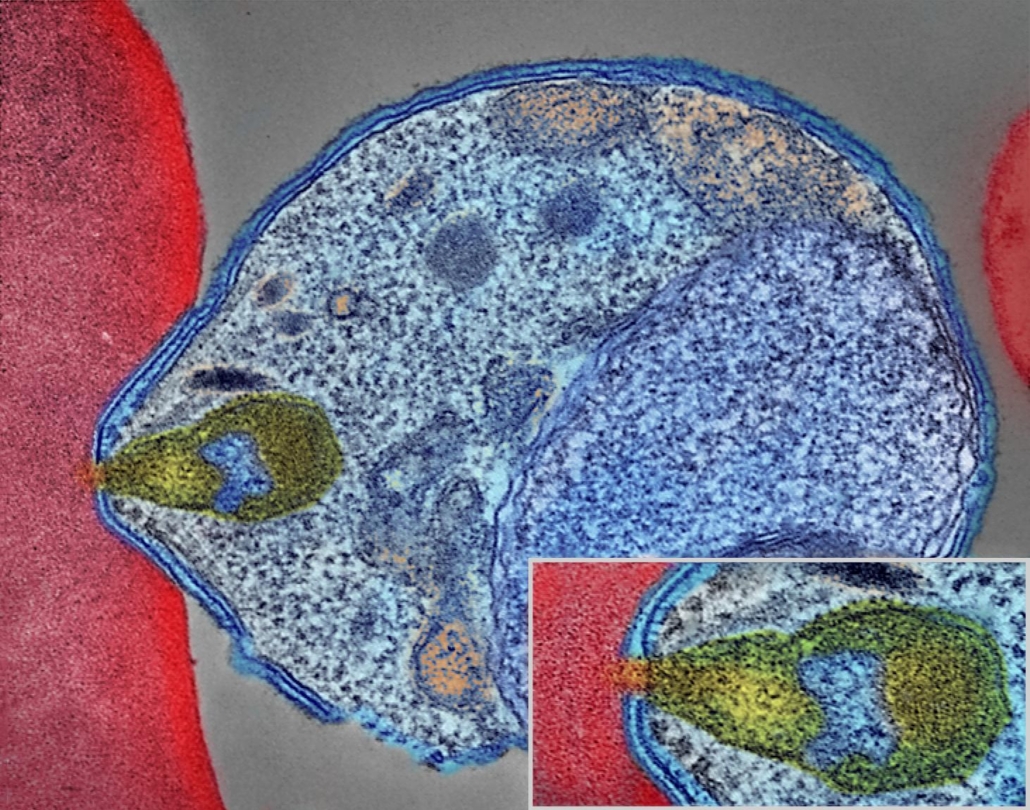
New malaria lead kills 99.9% of pathogens
Dutch and US researchers have re-engineered non-druggable compounds that block the transmission and metabolism of the malaria parasite Plasmodium falciparum.
The researchers built on the fact, that Plasmodium is highly dependent on external supply and metabolisation of vitamin B 5 (pantothenamide). They stabilized pantothenamide metabolites that target and block acetyl-coenzyme synthetase in Plasmodium falciparum. They prevented transmission of the malaria parasite to mosquitoes and cleared parasites in a mouse model of infection. Pantothenamides, however, have been historically unsuccessful in humans because they become inactivated by serum pantetheinases. The new derivatives created by Joost Schalkwijk et al at the Radboud University Medical Center in Nijmegen, Netherlands, however were more stable and resisted serum degradation.
First tests indicate the stabilised compounds could help address the urgent need for new anti-malarial drug designs most needed in regions such as sub-Saharan Africa where the Plasmodium parasite has become resistant to various anti-malarial drugs including artemisinin. Schalkwijk found their analogs successfully interfered with the metabolism of the Plasmodium falciparum parasite at multiple stages of its life cycle; for example, the compounds prevented asexual blood-stage parasites from replicating and stopped mature parasites from infecting new mosquitoes.
One of the compounds, dubbed MMV689258, reduced the quantity of parasites by up to 99.9% after seven days of treatment in humanized mice infected with P. falciparum, without causing ill effects. Schalkwijk et al. caution that developing a clinical-grade pantothenamide therapy will require further research into how the drug affects different stages of the parasite over long periods of time.



 adobe.stock.com - ipopba
adobe.stock.com - ipopba BioDlink
BioDlink